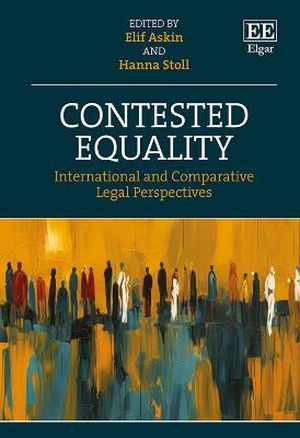
Comparative in scope, this book explores current debates surrounding the legal notion of equality. It expertly analyses equality law from a range of different legal perspectives, divided into three categories: dimensions of inequality; framing and proceduralising inequality; and new frontiers of inequality.
Bringing together contributions from internationally recognised scholars, the book addresses the multifaceted dimensions of equality, exploring its complexities and challenges. Drawing from different areas of law, including human rights law and constitutional law, the book embarks on a critical examination of the conceptual, doctrinal and practical aspects of equality law. It surveys the normative foundations of equality, its operationalisation in different legal and institutional contexts, and the effectiveness of legal mechanisms in promoting equality. Chapter authors investigate key themes such as the tensions between formal and substantive equality and the impact of socio-economic, political and cultural factors on the realisation of equality rights.
Contested Equality is a fundamental resource for legal scholars and students of public international law, comparative law and constitutional law as well as political scientists, economists and philosophers working in the field of equality. Its theoretical and practical applications will also be beneficial to policymakers and legal practitioners advising on equality issues.